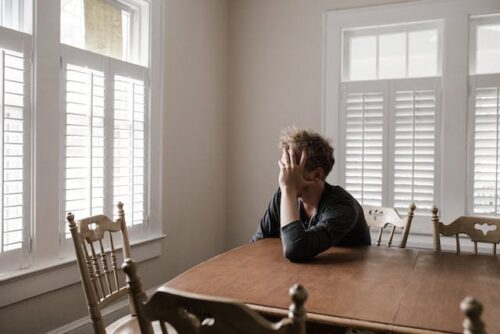
When someone is injured due to another person’s negligence, the impact often extends far beyond medical bills and lost wages. One of the most significant, and hardest to quantify, effects is known as loss of enjoyment of life. This legal concept reflects how an injury can alter your ability to live life as you once did, diminishing your capacity to engage in activities that brought you joy, fulfillment and meaning. While it may not show up on an X-ray or a pay stub, this emotional and psychological toll is very real. If you’ve been injured due to someone else’s carelessness, understanding this type of damage is essential. Below, we’ll explore what loss of enjoyment of life means, how it’s proven in court and whether you can seek compensation for it in Connecticut. For personalized guidance, reach out to a knowledgeable Connecticut personal injury attorney at Casper & de Toledo.
What Is Loss of Enjoyment of Life?
In legal terms, loss of enjoyment of life refers to the diminished ability to participate in activities or experiences that once brought happiness or satisfaction. This could include hobbies, sports, traveling, spending time with loved ones or even enjoying simple pleasures like walking outdoors on a sunny day.
For example, imagine someone who used to run marathons, hike Connecticut’s scenic trails and volunteer in their community. After suffering a serious injury, they’re no longer able to do these things—not because they don’t want to, but because their physical condition prevents them. This loss profoundly affects their quality of life and may warrant compensation in a personal injury case.
Loss of enjoyment of life falls under non-economic damages, which address intangible harm such as emotional distress or reduced quality of life. These damages are especially significant when injuries result in chronic pain, permanent disability or disfigurement. The law recognizes that your quality of life matters—and when it’s taken from you due to someone else’s negligence, there should be accountability.
How Is Loss of Enjoyment Proven in Court?
Unlike medical bills or lost wages that come with tangible receipts or records, proving loss of enjoyment of life requires qualitative evidence. Here are some ways this can be demonstrated:
- Personal Testimony: Your own account of how your life has changed before and after the injury is essential.
- Family and Friends’ Statements: Loved ones who witnessed your previous lifestyle can provide valuable insight into the activities you can no longer enjoy.
- Photographs and Mementos: Items like photos or souvenirs from hobbies and trips can help illustrate what your life was like before the injury.
- Expert Opinions: Therapists, doctors, or vocational experts may testify about the long-term impact on your mental health and physical capabilities.
Insurance companies often challenge non-economic damages like loss of enjoyment of life by downplaying their significance. That’s why having an experienced personal injury attorney is crucial—they can build a compelling case backed by evidence that demonstrates the full extent of your losses.
Can You Be Compensated?
Yes, Connecticut law allows injured individuals to seek compensation for loss of enjoyment of life as part of their non-economic damages in a personal injury claim. These damages are typically awarded alongside other forms of pain and suffering.
However, every case is unique. Courts and insurance adjusters consider factors such as:
- Your age
- The severity and permanence of your injuries
- Your lifestyle prior to the accident
- The likelihood of recovery
Because there’s no universal formula for calculating non-economic damages like loss of enjoyment of life, having skilled legal representation is critical. An attorney can help present evidence that accurately reflects how your injuries have impacted your daily experiences and overall quality of life.
If you or a loved one has suffered an injury that has robbed you of the ability to enjoy life as you once did, you don’t have to navigate this challenging process alone. At Casper & de Toledo, our experienced Connecticut personal injury attorneys are here to fight for the compensation you deserve—including damages for the losses that go far beyond financial costs but weigh heavily on your everyday existence.
Contact us today for compassionate guidance and skilled advocacy tailored to your unique situation. Let us help you take steps toward reclaiming what was taken from you.

